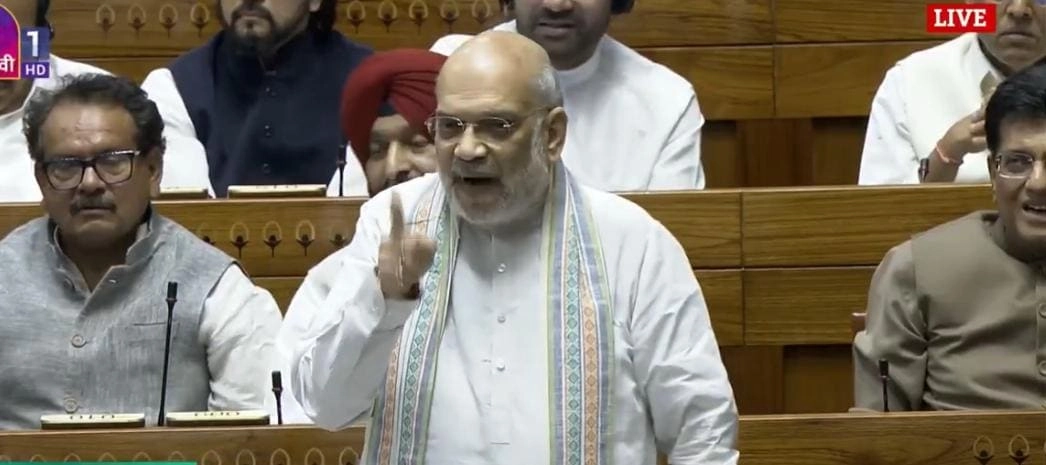The Lok Sabha has officially confirmed the imposition of President’s Rule in the northeastern state of Manipur, marking a significant political development in the region. This decision comes in the wake of escalating violence and unrest that has plagued the state for months, leading to a breakdown of law and order. The central government’s intervention highlights the severity of the situation, as local authorities struggled to manage the growing tensions between different communities. The imposition of President’s Rule is intended to restore stability and ensure the safety of the residents, as well as to facilitate a more controlled governance structure until normalcy can be reinstated.
The unrest in Manipur, characterized by ethnic clashes and widespread protests, has resulted in numerous casualties and displacement of people. Amidst this turmoil, the local government faced criticism for its inadequate response to the crisis, prompting the central government to take decisive action. By invoking President’s Rule, the central administration assumes direct control over the state’s governance, hoping to address the root causes of the unrest and implement necessary reforms. This move is seen as a crucial step toward re-establishing peace and order in a region that has historically experienced ethnic strife.
As President’s Rule takes effect, the central government is expected to deploy additional security forces to stabilize the situation. Furthermore, it aims to engage with community leaders and stakeholders to foster dialogue and promote reconciliation among conflicting groups. The imposition of President’s Rule is not merely a temporary measure; it sets the stage for potential long-term solutions to the underlying issues that have led to such unrest in the past. The central government’s commitment to restoring peace will be closely scrutinized, as the residents of Manipur look for effective governance and a return to normalcy in their daily lives.
In light of these developments, the political landscape in Manipur is poised for a transformation. The central government’s involvement may pave the way for policy changes and initiatives aimed at addressing the deep-seated grievances within the state. As the situation evolves, it is critical for both the central and state governments to work collaboratively to ensure that the rights and needs of all communities are respected. The imposition of President’s Rule serves as a reminder of the complexities of governance in a multi-ethnic society and the ongoing challenges that must be navigated to achieve lasting peace.




